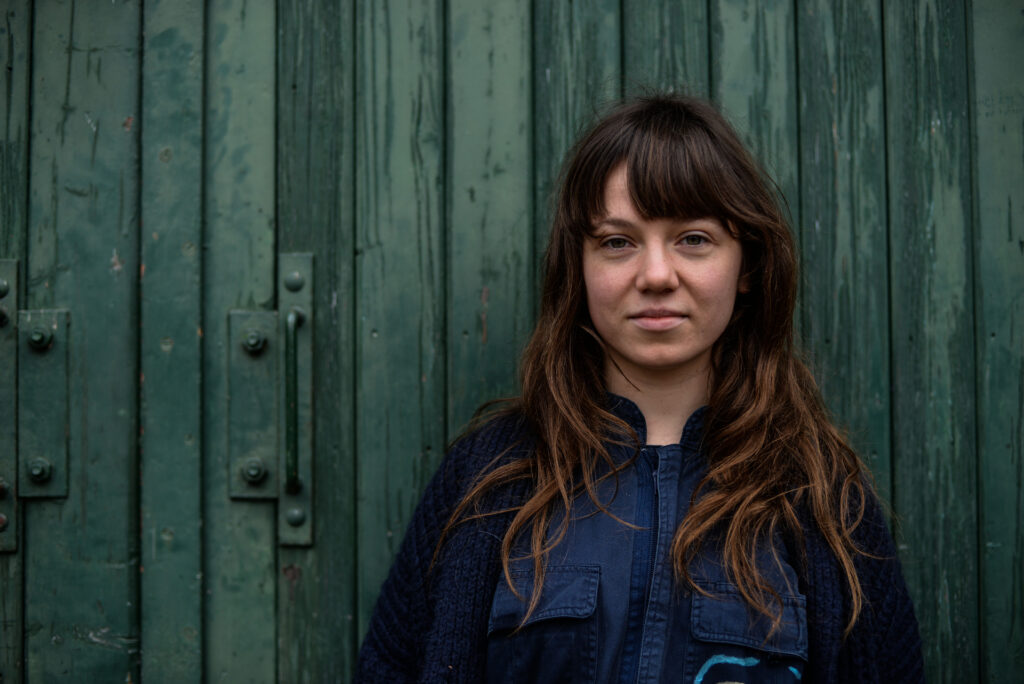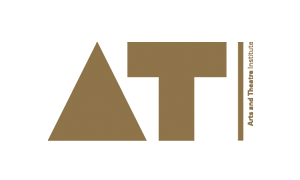In the weeks leading up to the learning modules in Prague and Vilnius we will introduce the selected artists country by country. Next up are the five participants from Lithuania.

Viktorija Ambrazaitė graduated with a BA in Contemporary Dance and Dance Pedagogy at Lithuanian Academy of Music and Theatre. While studying, she spent half a year on exchange studies in SKH (Stockholm), Dance Performance program. Now Ambrazaitė is working in Stockholm, doing her post-study internship, and collaborating with the artist Pavle Heidler.
During the pandemic Ambrazaitė understood that it’s just the beginning of her journey in exploring the digital world in the frame of artistic works: “Digitalization is happening, so I am choosing to dive-in and search for my own ways of how I could be present through the virtual universe and use it for my artistic work”. Ambrazaitė will take part in both modules.

Viktorija Bobinaitė graduated with a master’s degree in Choreography at Lithuania Music and Theatre academy four years ago. Now she is mainly working as a choreographer. In the performances she usually combines ballet and contemporary dance. Bobinaitė has experience in making dance movies and creating big performances for theaters. She is also a Co-Founder and CEO of dance clothes brand BOSADDO.
Bobinaitė will participate in the second module and is looking forward to learning how to switch to virtual reality in the artistic field: “I wish to learn how to create digital content, explore tips and tricks of different digital platforms and find the most suitable platform for me as a choreographer”.

Greta Grinevičiūtė is a contemporary dance artist who is interested in moving pictures, creating dance pieces and performing on stage. She is a first-year PhD student with a thesis on Interplay between screen and choreography. Grinevičiūtė is creating video dances, online performances, and working with various other artists (not only from the dance field), taking part in contemporary music, cinema and visual art projects.
Grinevičiūtė will participate in both modules. She is highly interested in dance as an interdisciplinary inquiry object and expects to explore this topic during the modules: “I feel the connection between choreography and screen is really crucial to cover. Not only because of the pandemic but as well for deepening understanding what effects intermediality has on choreographic thinking. I hope to expand my own approach on using screens in live performances or creating pieces especially for the screen”.

Džiugas Kunsmanas is a freelance actor, acrobat, and dancer. In 2017 he graduated from Vytautas Magnus University with a bachelor’s degree in theater and cinema acting. During his studies, Kunsmanas was an active member of a theatre group Teatronas directed by Gildas Aleksa. In 2019 he graduated from preparatory contemporary circus school Flic Scuola di Circo in Turin, Italy. Today he is a member of the Lithuanian Contemporary Circus Association.
Kunsmanas will take part in the first and the second modules, as he is eager to find new artistic possibilities, created by digital tools: “I can see many opportunities and different ways to collaborate digitally. I wish to learn more about the possibilities that the digital environment offers today, what are the perspectives for the artistic field. I hope that participating in the modules will contribute to developing my networks, therefore creating more possibilities and different ways to work, collaborate and present my activities in the artistic field”.

Goda Žukauskaitė is a contemporary dancer, performer, and creator. In 2018 she graduated from Amsterdam University of the Arts, in the Modern Theatre Dance department. As a performer, she is currently involved with a few companies: Kalpanarts (NL), Schweigman& (NL), and collaborating with various artists and organizations across The Netherlands and Lithuania. In 2021, Goda was nominated in a Dance Category of the Piket Kunstprijzen (NL) as one of the 3 most promising dancers.
Žukauskaitė will take part in the first module and she hopes that the module will contribute to the development of her artistic research. Among her research questions, one of the most important is how people from different cultures react to Goda’s work: “I am looking for ways to create touching and personal digital experiences which speak to people. By participating at the module, I expect to get to know how to build online performances and how to share them with the world, how to make them more reachable and accessible. I wish to build connections between different cultures while using digital performative work.”









